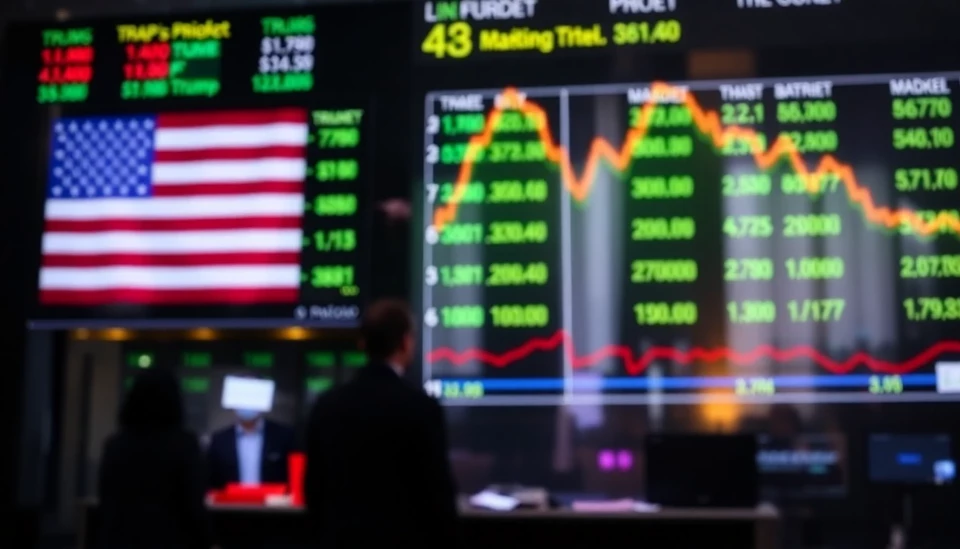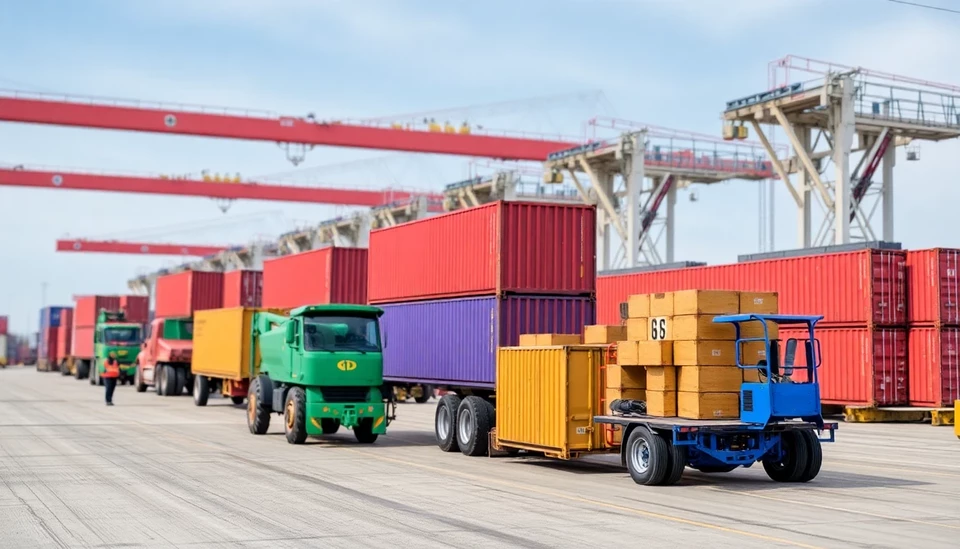
In a surprising move, the Trump administration has decided to pause the introduction of additional tariffs that were slated to affect several key imports. This strategic decision has sent ripples through financial markets, where investors have cautiously welcomed the news amidst increasing uncertainty in the global economy.
The planned tariffs, which aimed to impose fees on a range of goods, including electronics, clothing, and household items, have been temporarily halted, alleviating concerns over escalating trade tensions and potential economic slowdown. The administration’s announcement comes after a period marked by heightened volatility over U.S.-China trade relations, with markets responding favorably to any sign of progress or de-escalation.
Stock indices, which have been fluctuating due to ongoing geopolitical risks, displayed a notable rebound after the tariff announcement. The Dow Jones Industrial Average surged, adding hundreds of points as investor sentiment dramatically improved. This optimistic turn suggests that the markets are hopeful that the administration's pause can pave the way for constructive negotiations between the two economic superpowers.
Economists are weighing the implications of the tariff delay, noting that it represents a significant shift in strategy from the administration. Some analysts argue that maintaining the status quo and avoiding new tariffs could help boost consumer confidence and spending, creating a ripple effect throughout the economy. On the other hand, there are concerns that any inflexibility in future negotiations could lead to a long-term cycle of uncertainty.
In addition to U.S.-China relations, other international trade dynamics are also in focus. The delays may serve to stabilize relations not only with China but also with other trading partners affected by potential tariff policies. As countries grapple with their own economic challenges, the possibility of fostering a more harmonious global trading environment is seen as crucial for recovery.
However, the administration’s decision has not come without its critics. Some factions argue that the pause could signal weakness in negotiations, while others fear that the tariffs, if reintroduced, could derail economic progress made in recent years. The delicate balance of international trade policy remains a contentious topic as stakeholders monitor the reactions from other nations closely.
As the situation unfolds, the markets remain cautiously optimistic but vigilant, ever-aware of the political landscape that could quickly alter the current trajectory. Investors are advised to maintain watchfulness in their strategies, as the road ahead could still feature bumps given the unpredictable nature of trade negotiations and the evolving economic climate.
The turbulence in the markets and the unfolding situations surrounding trade policy underscore the intricacies of global economics and the influence of governmental decisions on everyday markets and consumer behavior.
Looking ahead, the critical question remains: will this pause turn out to be a strategic lifeline for global trade, or will it merely delay the inevitable clash over tariffs? Stakeholders across the globe will be watching closely as developments occur.
Follow this story as it evolves, keeping an eye on the potential for negotiations and market responses that could shape the upcoming economic landscape.
#Tariffs #TrumpAdministration #MarketVolatility #GlobalEconomy #TradeRelations #InvestmentNews #EconomyUpdate
Author: Daniel Foster




